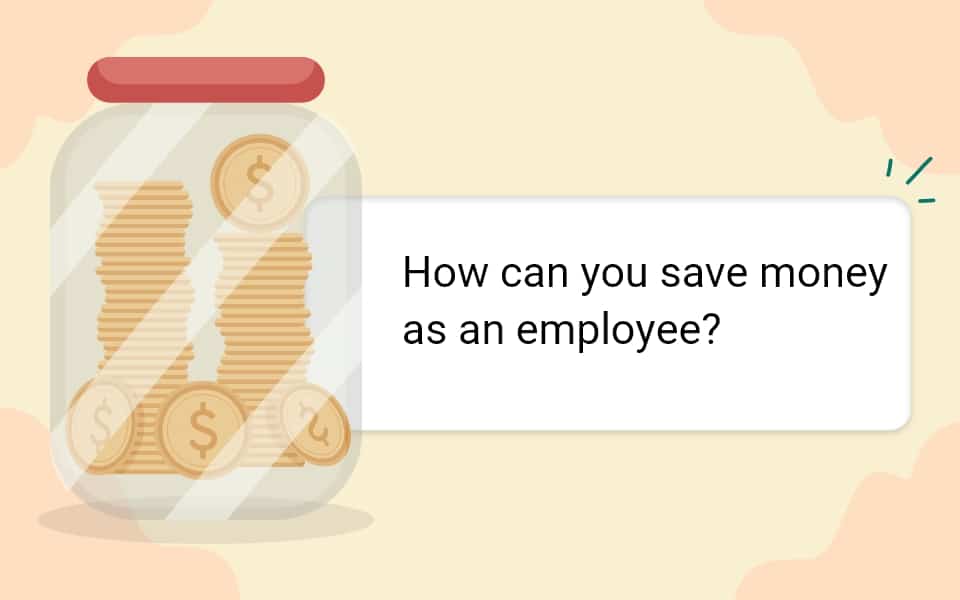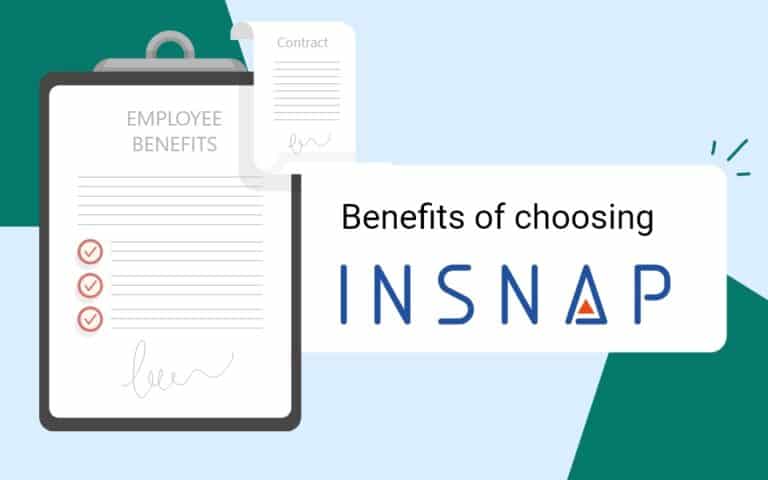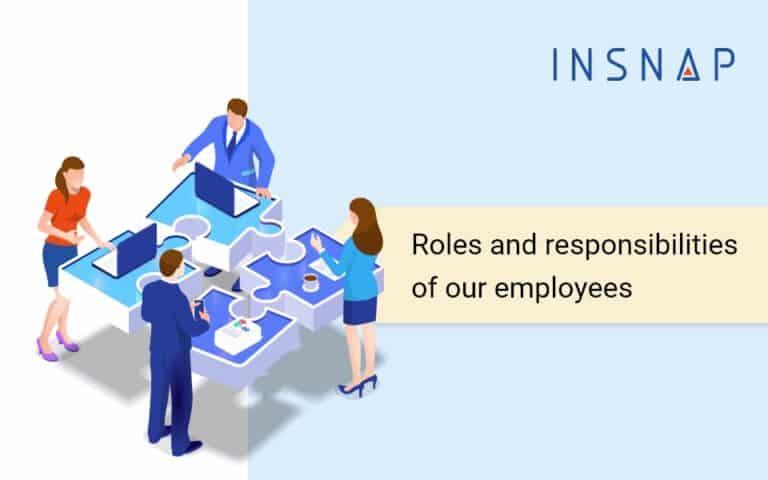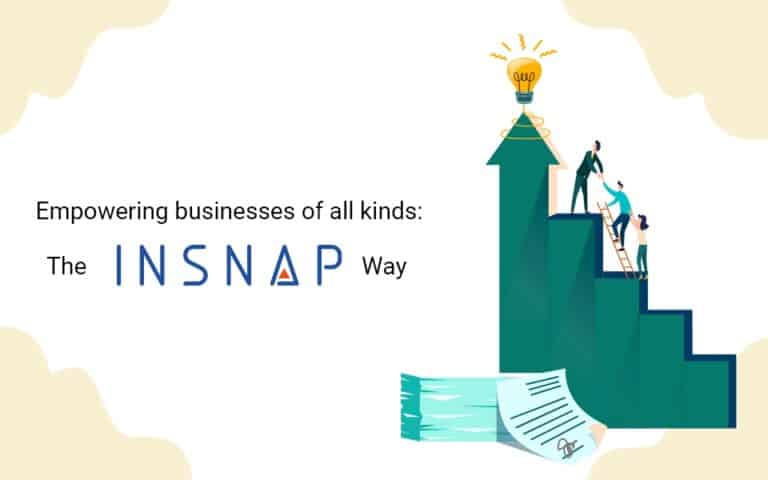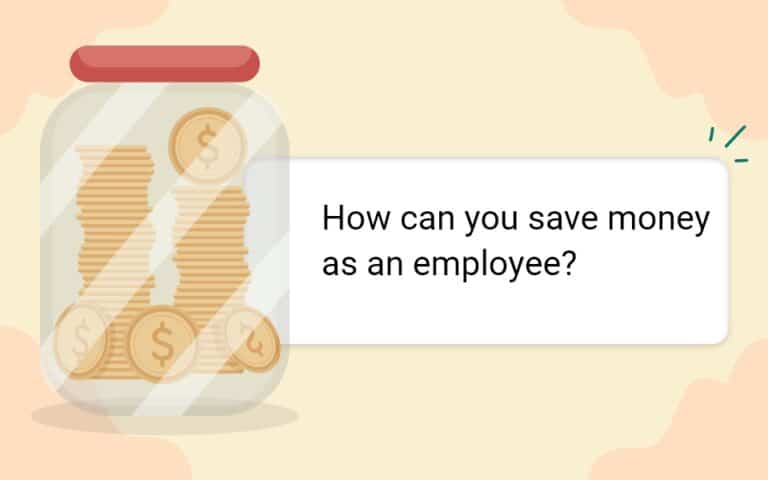The average savings of employees often prove to be not enough to mitigate urgent needs. Managing up work and family life, making sure that all your savings and policies are in place is a hard, hard ask for anyone. We at InSnap want to help our employees reach that balance in their lives that most people struggle to. Delivering our employees with a roadmap to achieve that is one of our targets. Triggering meaningful conversations with employees often results in raising collective awareness about the steps that you as an employee can take to stay up to the minute with your finances.
Decision making is key: at a time when mobile plans, petrol/diesel prices are skyrocketing, your decisions and choices determine how you can maximize your salary in every way. Firstly, map out a plan and decide on your priorities. One of the first things you want to do to start saving money after every paycheck is to map out a strong plan. While making the plan figure out what you might need to accomplish your goals try your best to stay as organized as possible on this journey. Track your expenses and most importantly, even before tracking, divide them into categories- fixed and variable, so that you can use your salary to cash in on the indispensable ones first. This is a safety-first strategy- only a secure individual is in the right place to take risks.
Wisely choosing transportation, smart online shopping, prudent grocery shopping, getting away with temptations and bad habits are also means that will help you take massive strides in a short span of time. These basics are more than often the building blocks of financial stability. A good job and a fat salary is fruitless unless you look at your savings. Sometimes the hardest thing about saving money is just getting started. That is also why the basics are never to be underestimated- they get you started even before you realize it.
Another way to save money from your salary every month is by setting up a monthly budget. Budget doesn’t always have to be a mundane restriction: you can make your budget template and treat it like a work tracker sheet. Include your monthly bills, payment and saving columns amongst others- this will not just make things fun but also give you the clarity required. Instead of thinking of opting for side hustles and risking increasing stress, the above listed things will make you have the saving balance you need and also keep your stress levels in check.
Start investing in life as well as health insurance- this is likely one of the most significant investments every person will eventually need to make. This should also be at the top of your priority list and in fact should be your very first investments. A safety net in terms of money gives you the security you might need to make further investment in other things. Do not compromise spending a lot of time on this and make the right choice in terms of the company and the policy you choose.
Manage your debts well- do not take own debts amount that are difficult to handle. If required, invest slowly to keep yourself free from worrying about returning loans. Take on credit cards, but use them wisely. Think about mutual funds, fixed deposits, public provident funds and other schemes- know that there is no objectively correct option; whichever one you find to be the most suitable is the right one for you. Keep one thing in mind that the decision to save is directly related to establishing an emergency fund. So, wherever you invest your money- be it a household item or a fixed deposit or a health insurance, never keep it totally irrelevant to your idea of your own emergency funds. For a start, you can keep aside three to six months’ expenses in a bank account to start an emergency fund.
If you are a young and new employee and saving money seems too huge and improbable a task, tell yourself to not hesitate to be patient. The entire point of saving is so that your comfort always remains with you- so please make sure to never lose it. If there is a one liner that makes things simpler and more summarized for you then it is- ‘invest sensibly and save hundred if you can’t save a thousand’. Don’t look at saving as something that brings down the quality of your lifestyle; instead saving wisely and looking after your finances is a process that one goes through to improve and safeguard the wishes and wants of life. Saving does not decrease the quality of your lifestyle; it increases the chance of improving it.
